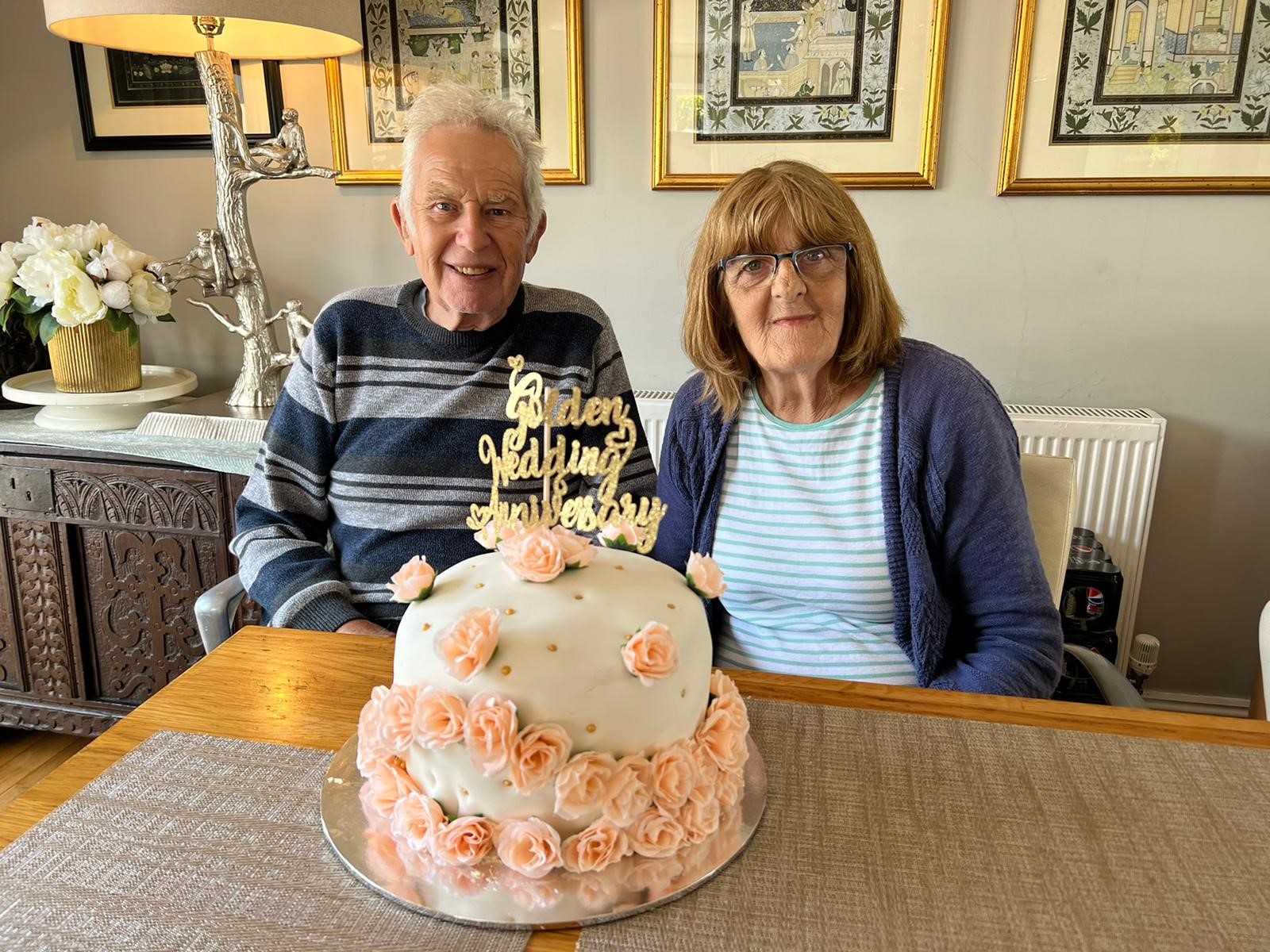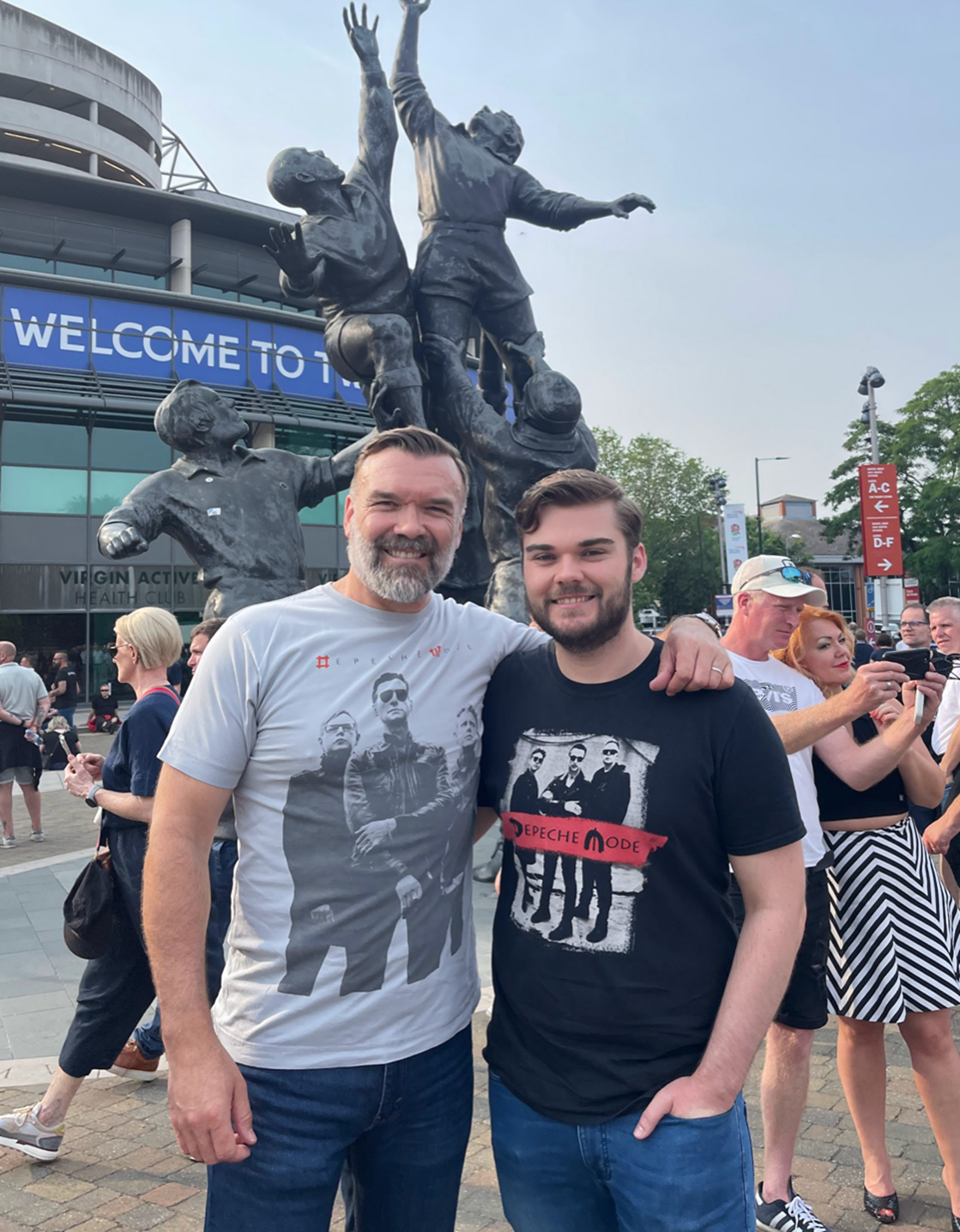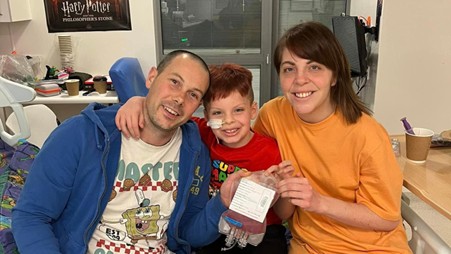A man from Llantwit Major says blood donors have his “unconditional gratitude” after he was diagnosed with a rare form of blood cancer.
With cancer now affecting one in two people, blood donors continue to play a vital role in the treatment cancer patients receive, helping not only to prolong their lives but maintain their quality of life.
Maurice Hoskins, 72, was diagnosed with Myelodysplastic Syndrome (MDS), a slow-developing form of cancer that causes the body to produce immature red blood cells, in September 2024.
To help him through his cancer treatment, he now receives two blood transfusions every three weeks.






